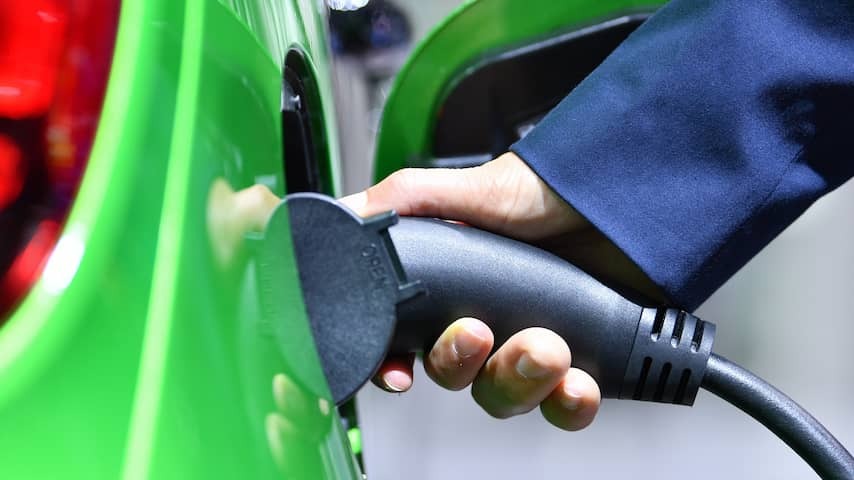
The Dutch power grid is so full that the largest grid operators and energy suppliers are going to collaborate. Among other things, electric cars are charging too much during the busy hours at the beginning of the evening.
It is the first time that grid operators Enexis, Liander and Stedin and suppliers Essent, Vattenfall and Eneco are collaborating against the so-called grid congestion. Grid operators have been warning for years that the risk of power outages in residential areas is increasing if nothing is done.
The Dutch power grid is especially full between 5:00 PM and 9:00 PM in residential areas. Then everyone comes home and the power demand shoots up.
That is why the suppliers are going to encourage households more to ‘charge smartly’. Late at night and at the beginning of the afternoon there is still plenty of electricity, but households make too little use of it.
35,000 households can participate voluntarily
The grid operators have selected 21 areas in 15 municipalities spread across the Netherlands. The risk of a jam-packed power grid is very high there. 35,000 households can participate voluntarily for the pilot. Residents will receive a message from their energy supplier from July whether they can participate.
The pilot means that they receive a small amount of money per month if they give the supplier access to their smart charging station. Via that charging station, the energy company remotely stops charging a car during busy hours.
The supplier can also store excess electricity during quiet hours in the battery pack of the car. You determine via a smartphone app when the car needs to be charged. Smart charging can be switched off directly via the supplier’s app.
The charging fee applies, in the case of Essent, for the winter months because there is then more electricity demand and less supply. Last winter, a similar pilot was held with three hundred participants. Now it is offered on a larger scale by more companies.
‘Demand for electricity in the evening can be reduced by almost 70 percent’
“We should already benefit from this next winter,” says Maarten Otto, CEO of Liander. Based on a recent trial, he expects that electricity consumption during the evening peak can be reduced by almost 70 percent by smart chargers.
Essent offers participants with a smart charger 3.44 euros per month, from November to February. Households with solar panels also receive an additional discount of 500 to 1,000 euros if they purchase a home battery via Essent. Then an owner still has to pay between 4,000 and 8,000 euros themselves. The company also wants access to the battery to, just like with charging cars, store or withdraw electricity during peak hours.
Eneco and Vattenfall confirm to NU.nl that they will also encourage their customers in the areas to charge the car outside peak hours. For the time being, they offer existing options for smart charging, with approximately the same monthly fee as Essent will now offer.
Vattenfall households in the regions automatically participate in the pilot for smart charging. Customers will receive a message about this. “Smart charging applies to all fixed and variable contracts in the areas,” confirms a spokesperson. “But the option can easily be switched off via our smartphone app, if someone still doesn’t want to participate.”